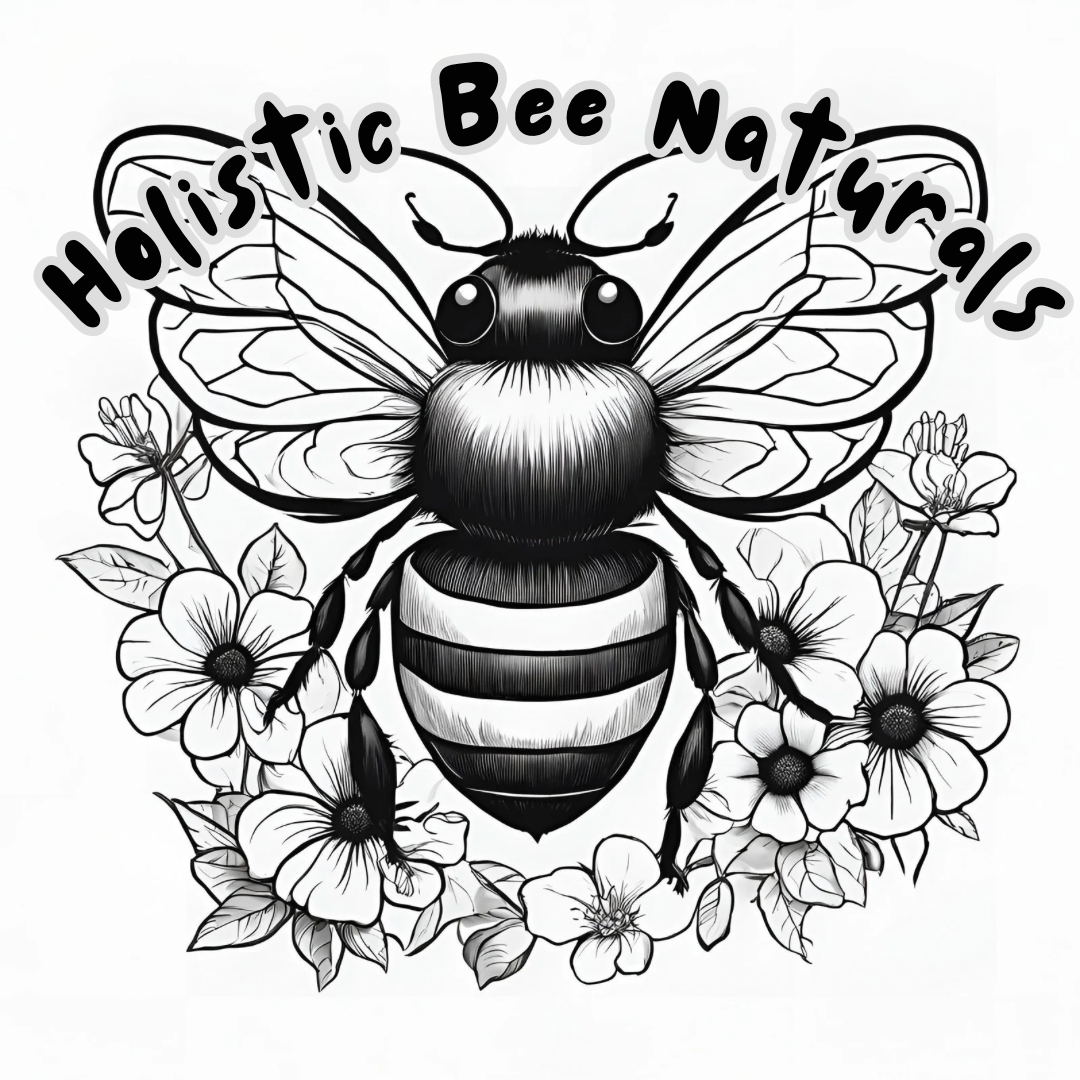The Enduring Wisdom of Galen’s Four Temperaments: History, Methodology, and Modern Relevance
Galen’s four temperaments—sanguine, choleric, melancholic, and phlegmatic—offer timeless insights into personality, health, and healing. Rooted in ancient medicine, they help us understand ourselves and others, guide holistic self-care, and inspire folk healing practices that balance mind, body, and spirit for greater harmony in daily life.
The concept of the four temperaments—sanguine, choleric, melancholic, and phlegmatic—has shaped our understanding of personality, health, and healing for centuries. Rooted in ancient medicine and philosophy, these archetypes continue to influence holistic and folk healing practices today. Let’s explore their fascinating history, methodology, and ongoing importance in our daily lives.
A Brief History: From Hippocrates to Galen
The origins of the four temperaments trace back to ancient Greece, where Hippocrates (c. 460–370 BCE) first proposed that human health and behavior were governed by four bodily fluids, or “humors”: blood, yellow bile, black bile, and phlegm. Each humor was associated with specific qualities and elements—hot, cold, wet, dry—and linked to the natural world.
It was Galen of Pergamon (129–c. 216 CE), a prominent Greek physician, who refined and popularized this theory. Galen expanded on Hippocrates’ ideas, connecting the humors to personality traits and emotional tendencies. He believed that an individual’s temperament was determined by the dominant humor in their body, influencing both physical health and psychological disposition.
The Four Temperaments Explained
Sanguine (Blood)
Qualities: Warm, moist, optimistic, sociable, energetic
Element: Air
Personality: Outgoing, enthusiastic, pleasure-seeking
Choleric (Yellow Bile)
Qualities: Warm, dry, ambitious, leader-like, quick-tempered
Element: Fire
Personality: Decisive, goal-oriented, passionate
Melancholic (Black Bile)
Qualities: Cold, dry, analytical, sensitive, introverted
Element: Earth
Personality: Thoughtful, detail-oriented, reserved
Phlegmatic (Phlegm)
Qualities: Cold, moist, calm, reliable, peaceful
Element: Water
Personality: Easygoing, patient, consistent
Methodology: Diagnosis and Balance
Galen’s methodology involved observing a person’s physical symptoms, emotional responses, and behavioral patterns to determine their dominant temperament. Treatments aimed to restore balance among the humors, using diet, herbal remedies, lifestyle changes, and even music or art therapy. For example, a melancholic person might be encouraged to seek warmth, light, and uplifting activities to counteract their natural tendencies.
Modern Relevance: Why the Four Temperaments Matter Today
While modern medicine no longer relies on the humoral theory, the four temperaments remain a valuable framework for self-understanding and holistic healing. Here’s why they’re still important:
Self-Awareness: Recognizing your temperament can help you understand your strengths, challenges, and emotional triggers.
Personal Growth: Tailoring self-care practices to your temperament supports mental, emotional, and physical well-being.
Relationships: Understanding others’ temperaments fosters empathy, communication, and harmony.
Folk Healing: Many traditional healing systems still draw on the wisdom of balancing energies and elements, echoing Galen’s approach.
Incorporating the Temperaments into Daily Life
Mind: Practice mindfulness and journaling to observe your natural tendencies.
Body: Choose foods, activities, and routines that support your unique constitution.
Spirit: Engage in rituals, meditation, or creative pursuits that nurture your temperament.
Conclusion
Galen’s four temperaments offer timeless insights into the interconnectedness of mind, body, and spirit. By honoring these ancient archetypes, we can cultivate greater balance, resilience, and harmony in our lives—drawing on the wisdom of the past to heal and thrive in the present.

